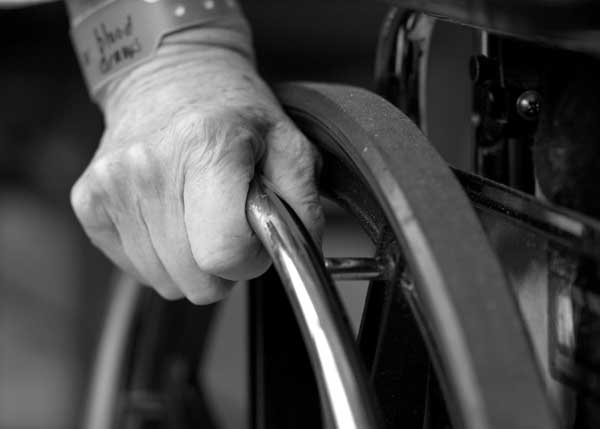After suffering from a stroke, many individuals wish to return home from the hospital as soon as possible. While recovering from a stroke is a process that starts at the hospital, the majority of the rehabilitation process can be continued in the comfort of your own home. Recovery at home is beneficial because it is convenient and comfortable, while also allowing you to practice in the environment you’ll most often need them. A successful at-home stroke recovery program needs to have a flexible schedule that conveniently fits into your daily life.
At-Home Stroke Recovery Program Ideas
To aid in a successful at-home recovery process, consider these ideas:
- Bring Therapists and Support To Your Home. There are many types of therapists that can help with the rehabilitation process at home, including physical therapists, occupational therapists and speech therapists. For example, physical therapists can provide stroke recovery exercises that are easy to do alone or with a helper. Stroke recovery exercises help to build and maintain strength in the muscles and bring your body back to its full potential and capabilities. If you’ve lost movement in one or more parts of your body, a helper can help you regain movement by performing passive exercises, such as holding and moving a specific body part through its full range of motion. This will help to keep the muscles and tendons flexible and prevent tightening.
- Make Your Home Safe. Home safety is fundamental to a successful at-home recovery. You may want to invite an occupational therapist into your home to conduct a home safety assessment. Items to consider improving include leveling any uneven flooring, clearing walkways of clutter, allowing wheelchair access where necessary, replacing doorknobs with handles, and installing handrails for the tub, shower and toilet.
- Work Towards Improved Health. Eat a healthy, well-balanced diet and follow your doctor’s orders for care and medications. A good diet will help your body regain strength and promote healing. You may want to plan your meals ahead to ensure a nutritious diet. Consider asking friends and family to cook and freeze them so they’re available when you need them. If needed, sign-up for a meal program such as Meals on Wheels. Also, another tip for stroke victims is to cut food into bite-sized pieces to help avoid choking.
- Don’t be Afraid to Ask for Help. Recovery can be difficult both emotionally and physically. If you feel discouraged or need help, reach out to friends and family for encouragement and support.
- Be Positive. Recovering after a stroke can be challenging and can take time. Even if you must adjust to a permanent impairment due to the stroke, you can still live a full and satisfying life. A positive attitude with the determination to recover and continue to enjoy life can make it easier.
If you need at-home support for stroke recovery, you can learn more by going to the stroke page on our website.

